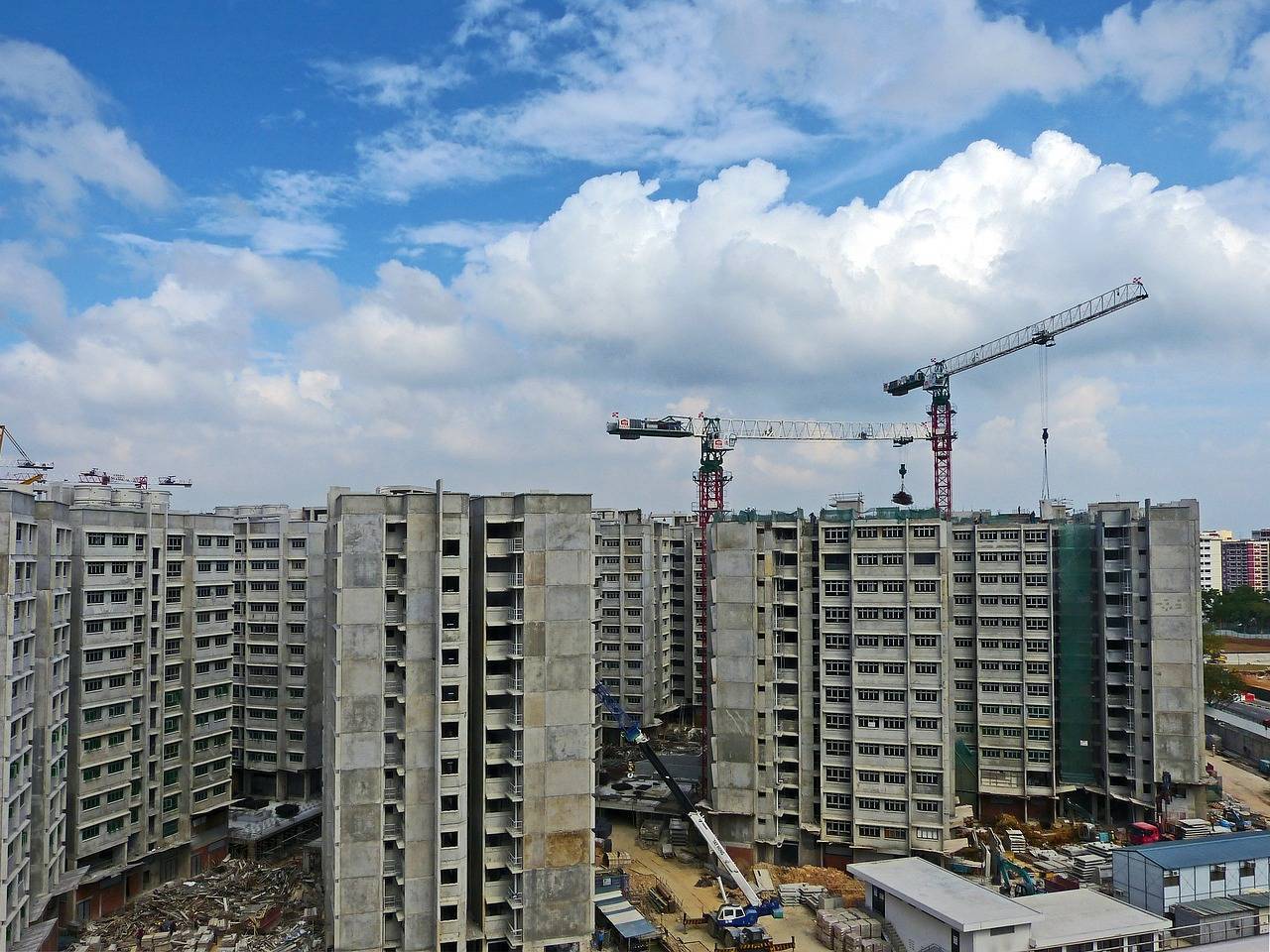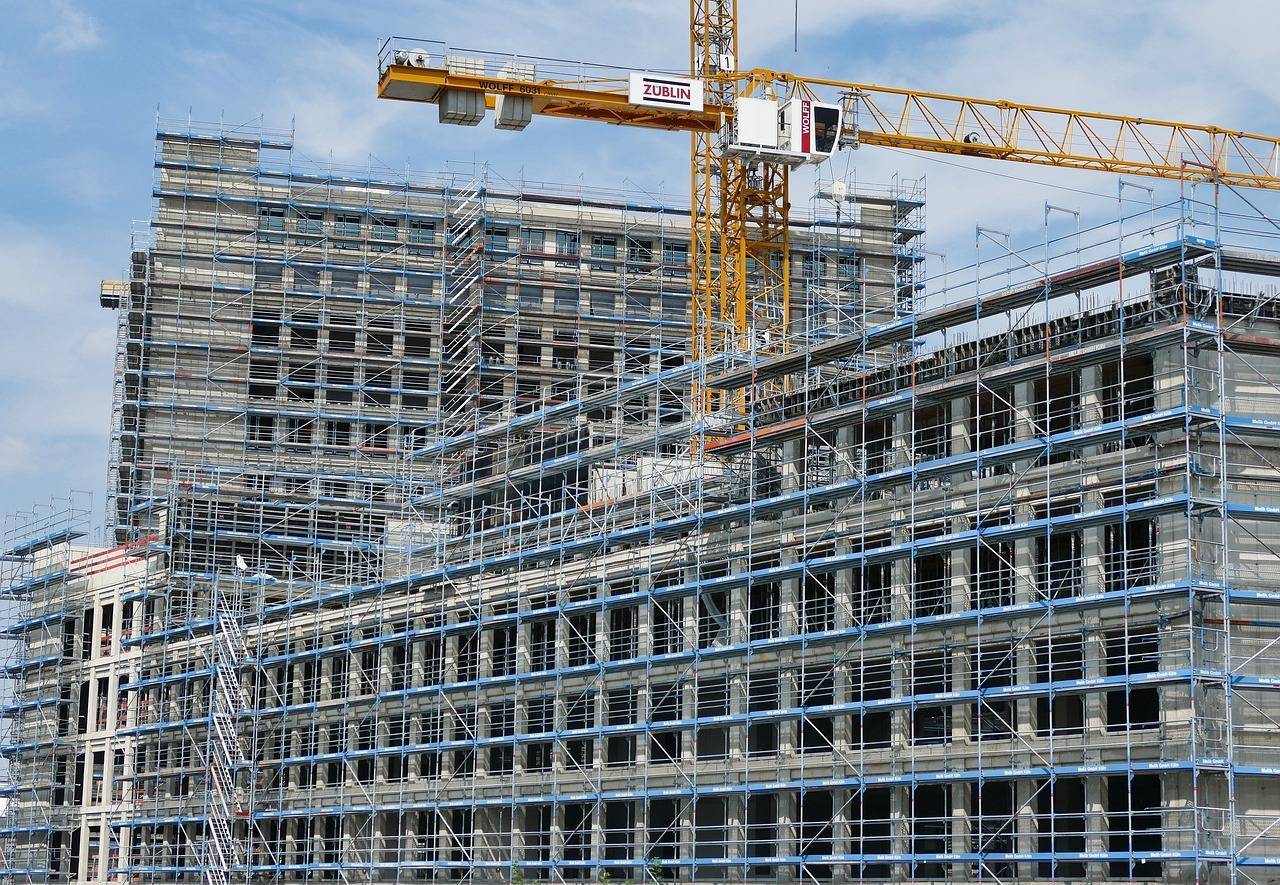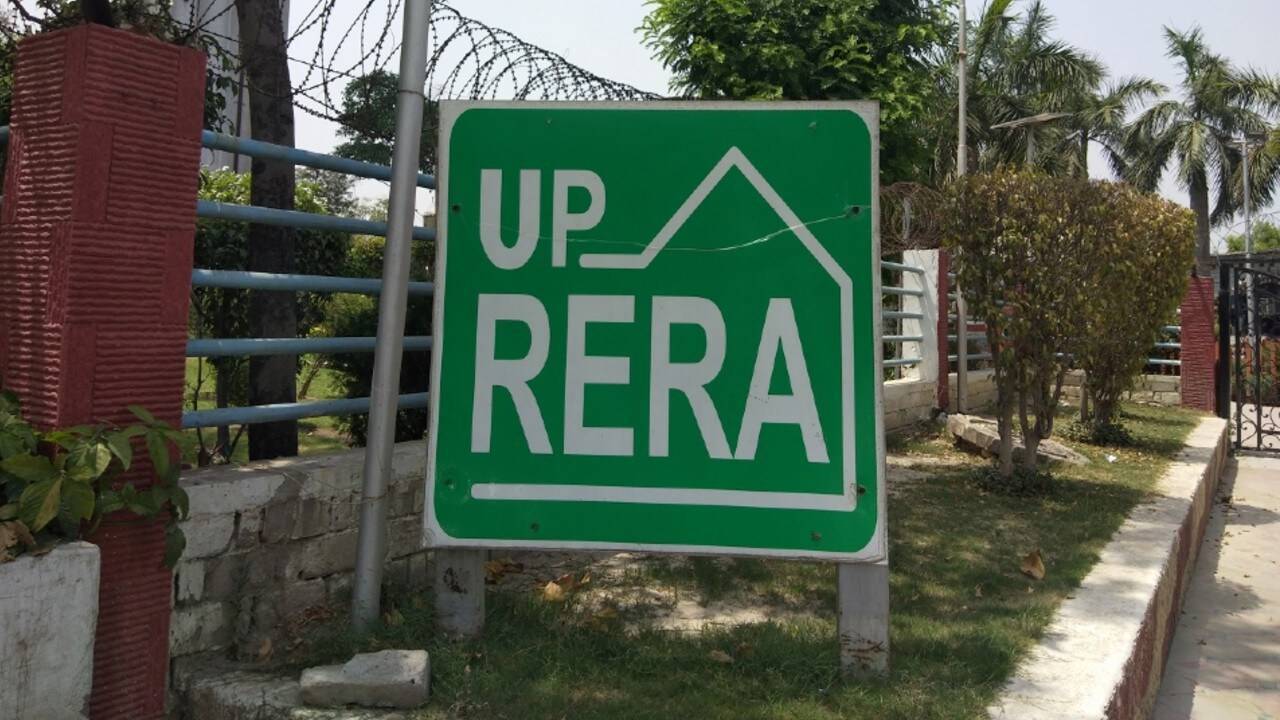Maharashtra's real estate sector faces a significant compliance crisis, with an alarming 33% of active projects in the state being classified as "lapsed." Out of approximately 32,000 registered projects under the Real Estate Regulatory Authority (RERA), 10,700 have failed to meet their stipulated timelines. A key issue lies in developers' inability to upload Form 4, a mandatory document that must accompany the Occupancy Certificate (OC). This non-compliance has led to a surge in projects being marked as “lapsed.”
What Does ‘Lapsed’ Mean?
Lapsed projects refer to developments that have surpassed their RERA-approved deadlines without fulfilling compliance requirements. Under the provisions of MahaRERA, developers are required to register their projects with a specified completion date. If a project is not completed by the declared date, developers must take one of the following actions:
- Submit an occupancy certificate for completed projects.
- Apply for an extension if the project is incomplete. An extension of up to one year can be granted based on valid reasons.
- Regularly update the project status on the MahaRERA website through quarterly and annual reports.
Failing to meet these requirements results in the project being classified as “lapsed.” Developers of such projects are prohibited from advertising them or proceeding with property sales until compliance is restored.
Stakeholders Call for Stricter Regulations
Advocate Vinod Sampat, President of the Cooperative Societies Users Association, has stressed the need for stricter RERA laws to address the ongoing compliance failures. He proposes measures such as imposing non-bailable charges on developers who fail to meet regulatory requirements. Sampat suggests that no Occupancy Certificate should be granted unless a Completion Certificate is issued, ensuring that developers adhere to construction timelines.
Additionally, he recommends prohibiting the sale of 10% of the constructed area until developers hand over possession of the flats and secure Completion Certificates. This measure, according to Sampat, could act as a deterrent to non-compliance and protect homebuyers from delays.
Flaws in the Current RERA Framework
Criticism of the current RERA framework has intensified, with many describing it as ineffective in curbing non-compliance. Mr. Sampat highlights that homebuyers are often left to bear the brunt of the delays, receiving compensation of just 9% while navigating bureaucratic hurdles for duties, registrations, and timelines. He advocates for policies that mandate developers to clear past liabilities before launching new projects, ensuring accountability.
Many stakeholders believe that the challenges in Maharashtra’s real estate sector are systemic rather than stemming from an unwillingness to comply. Rising construction costs, inflation, procedural delays, and the absence of an input tax credit under the Goods and Services Tax (GST) for real estate projects are some of the factors exacerbating the compliance crisis.
MahaRERA’s Role Under Scrutiny
MahaRERA, the state regulatory authority, is under increasing pressure to address the growing number of lapsed projects. While Maharashtra leads the country in RERA registrations, with over 32,000 active projects and 29,000 registered real estate agents, the 33% lapse rate highlights the need for closer scrutiny and reform.
According to Domnic Romell, President of CREDAI-MCHI, despite compliance challenges, 67% of projects remain on track. This demonstrates developers' commitment to regulatory adherence. However, Romell acknowledges that the lapsed projects require immediate attention and collaborative efforts between the government and developers to protect the interests of homebuyers and restore market confidence.
Industry Body Recommendations
CREDAI-MCHI, an industry body representing developers, has emphasized the need for constructive dialogue with regulatory authorities. Dhaval Ajmera, Secretary of CREDAI-MCHI, suggests that clear guidelines and the resolution of procedural bottlenecks could significantly reduce the number of lapsed projects. He also points to external challenges such as inflation and delayed approvals as major hurdles in maintaining compliance.
Raajesh Prajapati, Founder President of CREDAI-MCHI Raigad, recommends recognizing certain delays as force majeure under RERA guidelines. This approach would account for external factors beyond the control of developers, such as natural disasters or regulatory bottlenecks, without penalizing them unfairly. Prajapati believes such measures would strengthen the long-term stability of Maharashtra’s real estate sector.
Moving Forward
The growing number of lapsed projects in Maaharashtra is a wake-up call for the real estate sector and regulatory authorities alike. As stakeholders demand stricter regulations, better enforcement, and pragmatic solutions, the onus lies on MahaRERA to address these challenges effectively. Collaborative efforts between developers, regulatory bodies, and the government are essential to ensure compliance, protect homebuyers, and stabilize the real estate market.
With systemic issues such as rising costs and procedural delays compounding the problem, addressing these challenges will require a multi-faceted approach. Clearer guidelines, stronger enforcement mechanisms, and an emphasis on accountability can help restore confidence in the sector and pave the way for its sustainable growth.









